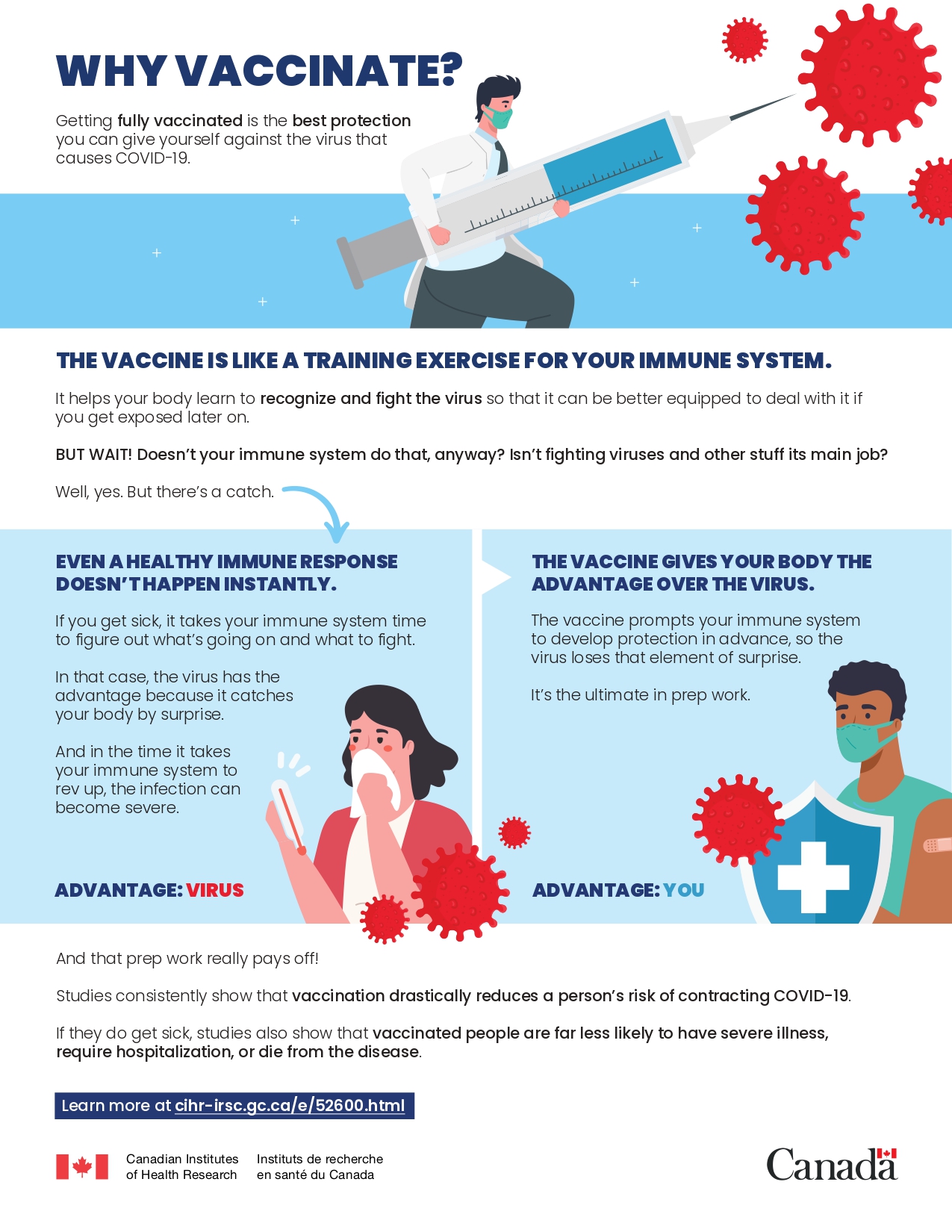The coronavirus disease (COVID-19) has been something that the world has lived with since 2020. It has affected the health of millions of people, and unfortunately led to hundreds of thousands of deaths. It also caused families and friends to be separated for long periods of times, disrupted local businesses, and created backlogs in the medical system. This has resulted in a loss of access to rehabilitation and support services for some people, including those in the brain injury community.
While we are no longer in a state of emergency, that doesn’t mean COVID-19 isn’t still a threat to our health. Canada’s immunization program helped vaccinate a lot of people and reduce the risk of severe illness and death. It also makes it possible for people to attend appointments in person, socialize, and overall feel more secure. However, it’s important to note that while many people are focused on “getting back to normal”, that’s not necessarily the best path forward. COVID-19 taught us a lot, including the importance of taking proper safety precautions to protect ourselves and others.
Understanding the COVID-19 disease and the vaccines is an important part of understanding how both can continue to impact daily life.
Effects of COVID-19
Symptoms of COVID-19 are varied, but common ones include [1]:
- Cough
- Shortness of breath
- Fever
- Chills
- Body aches
- Fatigue
- Loss of smell or taste
- Headache
- Stomach pain
- Vomiting
While many people fully recover, some people experience symptoms long-term. These symptoms can also negatively impact pre-existing health conditions.
In studies of patients with COVID-19, there have been several different long-term effects on organs as well [2], including:
- Damage to the heart muscle
- Damage to the lungs through an associated form or pneumonia
- Neurological effects
COVID-19 is still a relatively new disease, and a lot of the long-term effects are still unknown. That’s why health agencies around the world are still encouraging people to protect themselves and each other as best as possible.
The COVID-19 vaccine
COVID-19 is still very much part of our lives, and like the flu, there will be periods of time when the disease is more present. Vaccines have given people the opportunity to move back to in-person activities, see family and friends, and once again access supports and services that may have been unavailable at the height of the pandemic.
Health Canada has thoroughly tested and approved the COVID-19 vaccines that are currently in use in Canada. Only vaccines that have proven to be safe, effective and of high quality are authorized for use [3]. The COVID-19 vaccines in Canada do not contain any form of the COVID-19 disease, so can’t pass the disease onto you.
What are the side effects of the COVID-19 vaccine?
As with any vaccine, there may be some side effects. These can include [4]:
- Fever
- Fatigue
- Headache
- Pain at the injection site
These side effects are short-term, and are a natural response to vaccines.
What’s in the COVID-19 vaccine?
Since there are different COVID-19 vaccines, they may have different ingredients. The Government of Canada has the medical ingredients for each of the authorized vaccines listed on their website.
- Pfizer-BioNTech vaccine ingredients
- Moderna vaccine ingredients
- AstraZeneca/COVISHIELD vaccine ingredients
Some individuals have allergies to certain medical ingredients, and may not be able to get certain vaccinations. Always consult a doctor if you are uncertain or need a second opinion on the vaccines.
The vaccine is the strongest tool against COVID-19
The COVID-19 vaccine and vaccine boosters support long-term protection against the disease. If you are looking for more information about vaccines, or have any questions about the vaccination process, reach out to your doctor or a member of your medical team.
